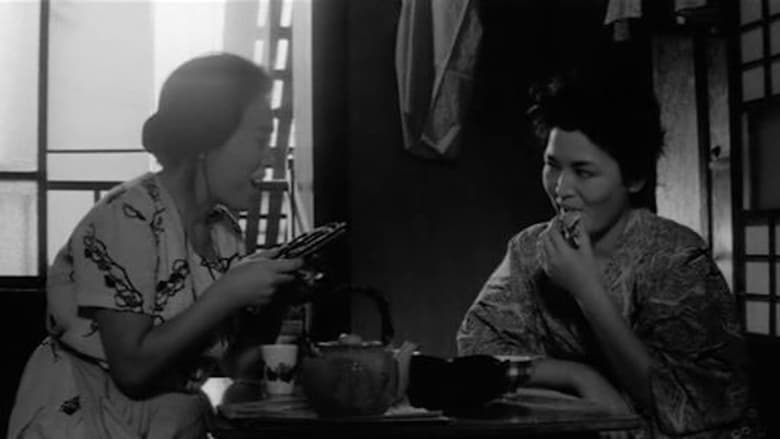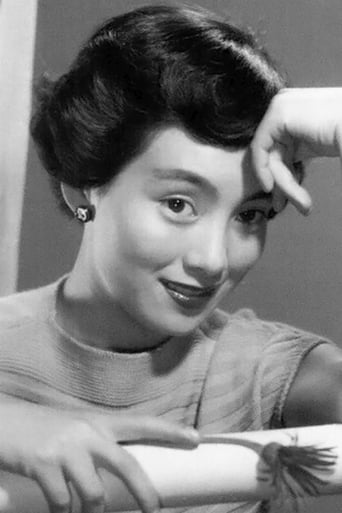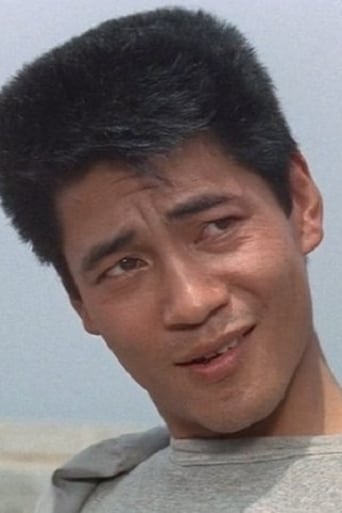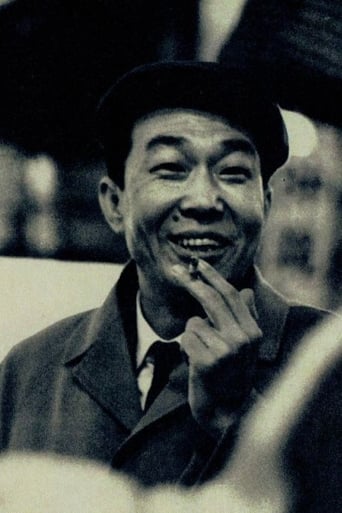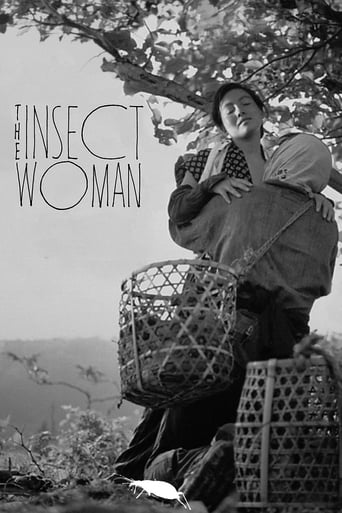
A woman, Tome, is born to a lower class family in Japan in 1918. The title refers to an insect, repeating its mistakes, as in an infinite circle. Imamura, with this metaphor, introduces the life of Tome, who keeps trying to change her poor life.
Similar titles


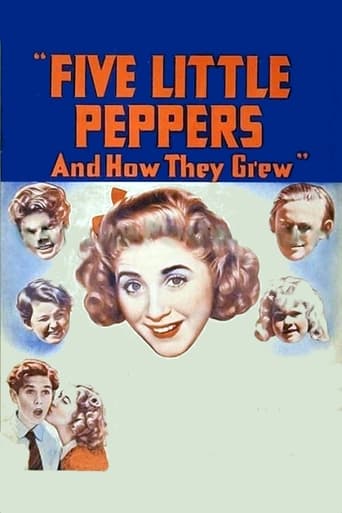
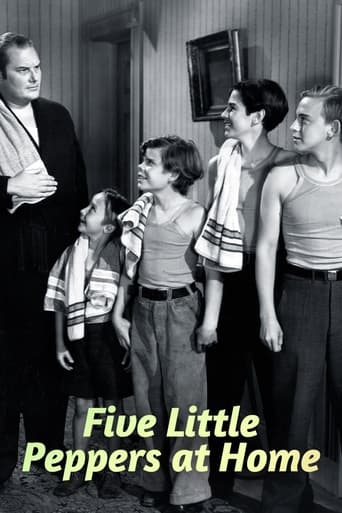

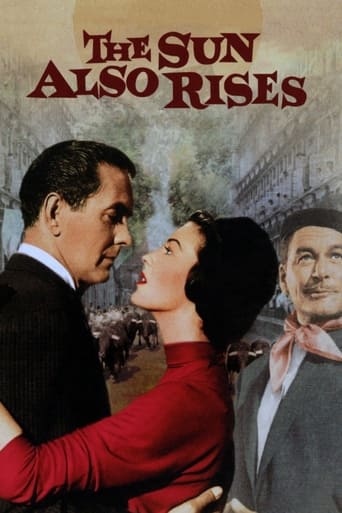


Reviews
Wonderful Movie
That was an excellent one.
Simply A Masterpiece
Don't listen to the negative reviews
Viewed on DVD. No, this is not a horror movie; just a horrible movie! Director Shôhei Imamura again documents his obsession with the sex lives of those at the bottom of Japan's social-economic food chain. In doing so, he promotes several old/new stereotypes: sex workers as role models for survival (a riff on prostitutes with hearts of gold?); the poor and ignorant being no better than insects; migrants from rural to urban environments cause big-city degeneracy because they bring it with them; etc. Pushing the boundaries of contemporary censorship (that would all but evaporate in a few years), Imamura tries his hand (and hopes to broaden his film's paying audience?) at soft porn with: simulated sex (partially hidden with poorly lit scenes); strongly-implied sex between daughter and father; adult breast feeding; etc. The film is also loopy: each succeeding generation repeats the same life process; many instances of a Capella singing with nonsense lyrics on the sound track; the opening scenes of an insert struggling to climb an incline and the closing scenes of the heroine struggling to climb a hill; etc. The net result is that the movie goes in a circle and, hence, nowhere (and also seems to stop abruptly). Acting is uneven due to an inferior script (or an over abundance of on-set improvisation?). Line readings range from grunts to micro "proverbs." Cinematography (wide screen, black and white) is hard to judge, since interior scenes are often poorly lit or not lit at all. Editing includes random bouts of freeze framing (often accompanied by comments that may be expository or just nonsense). Film music is somewhat spastic. Translations of line readings are usually close enough. Japanese film making at its worse (or darn close to it!). WILLIAM FLANIGAN, PhD.
Insect Woman seems to be Imamura's Trojan horse in the world scene. Not the stunning debut of a young up and coming director that catches everyone unawares, Imamura had quite a few films under his belt by that point. Not even the film that cemented his reputation because if critical recognition and prestigious awards predate rather than follow public awareness then Imamura is only in the past 10 years beginning to earn his due.But with Insect Woman he emerged not only as a preeminent auteur and bright hope of what is known as the Nuberu Bagu movement, who would be twice decored with the coveted Palm D'Or in time, this perhaps a status that is often subliminally associated with notions of a haughty intelligenzia hermetically removed from the populus whose struggles and follies it purports to address, but also an artist equal parts humane and cynic who picks his characters from the lowest strata of society and examines their lower instincts with care and affection. Moral judgement is absent from the film. The life and misadventures of a poor farmer's illegitimate daughter who travels to Tokyo and becomes first a prostitute then the owner of a call-girl service is observed in a matter of fact way. He never allows the movie to careen in melodramatic shallows and moralistic histrionics. If Imamura has a case to make and premise to prove, it's of a political nature.Spanning almost half a century of Japanese history, the story of Insect Woman parallels the rise and fall of Japan in the years leading to and after WWII. The rise from humble beginnings to power and the subsequent fall with the bitter feeling of having been betrayed by everyone. Like other Imamura movies, Insect Woman can be tedious at parts, not because nothing happens. Superficially there is a succession of episodes. But really because little to nothing meaningful happens. Sprawling in nature and rarely stopping to examine motives and psychology, Insect Woman even at its most intimate moments places a certain distance between viewer and film and in doing so allows for an often comedic tinge to seep in. As such, it doesn't have some deep insight into human nature to depart but it's mostly pleasing to watch and Imamura's filmic language feels amazingly fresh and vibrant even to this day. The man was 20 years ahead of his time and his films have aged in all the right ways.
THE INSECT WOMAN is essentially a rags-to-riches-to-rags story told in fragmentary style against a backdrop of significant historical events of 20th Century Japan. The film's title (it also goes by the more clinical name of ENTOMOLOGICAL CHRONICLES OF JAPAN!) remains obscure, however, unless the director wants to assimilate Japanese women to hard-working (i.e. slave-like) insects. Indeed, leading lady Sachiko Hidari (an excellent, award-winning performance) slowly rises from the position of simple prostitute in an exclusive brothel to that of - the equivalent of a Queen Bee, one assumes - madam of said establishment (eventually being replaced by her own daughter!). There is also a subtle hint of incest here, with the woman's father showing an unhealthy interest in her growing up - an affection which is then transferred to the daughter, once she leaves the country for the big city! Another interesting, if entirely gratuitous, touch is the director's idiosyncratic (since it is heavily featured in all 3 of his early films I've watched) use of freeze-framing as a means of transition from one scene to the next.
(Note, the following contains some mild spoilers)This is the story of a woman born into an impoverished rural family in the early 1900's, starting the day she is born and ending on the day she becomes a grandmother. The title refers to the way an insect's behavior is determined simply by the need for survival, acting by instinct alone and unaffected by concepts such as love or morality. In the same way, this woman goes through life rarely giving a thought to anything other than her own self interest. For example, she eventually drifts into prostitution and betrays her madam in order to take her place, only to be betrayed herself by a girl she mistreated.Yet we can't really blame her too much. People with the same lack of moral standards surrounded her childhood and her life was beset by tragedies and exploitation by others which seemed to conspire to make it impossible for her to escape the kind of life she led. At the end of the movie her grandchild is about to be born to the same circumstances as she was, thus the cycle perpetuates itself to another generation.Overall the movie is thought provoking and worthwhile. The sympathetic yet unflattering portrayal of the seamier side of Japanese society reminded me of Threepenny Opera. However, there seemed to be too much going on to fit into a small amount of time. This left a lot of gaps in the story, which made it a bit hard to follow, and left some important characters undefined since they appeared in only a few scenes.
Top Streaming Movies











